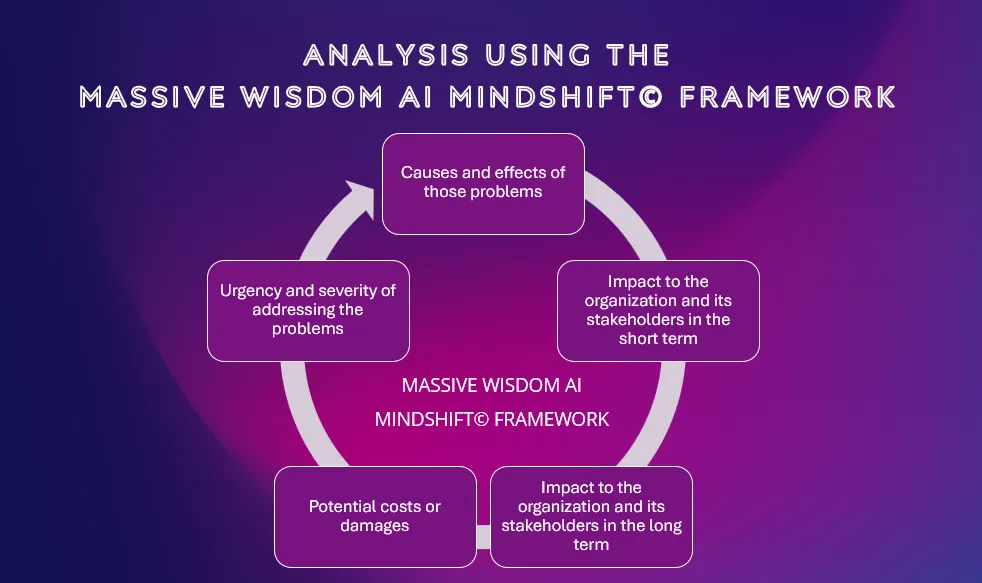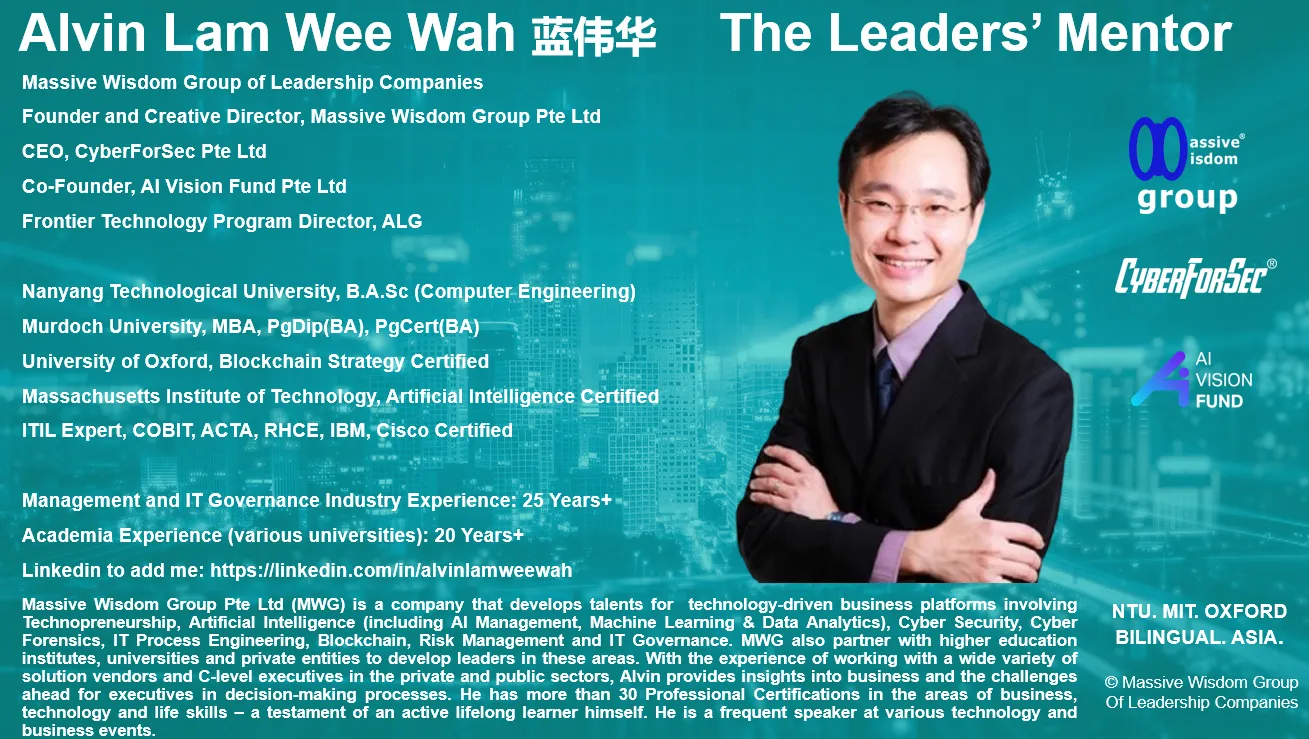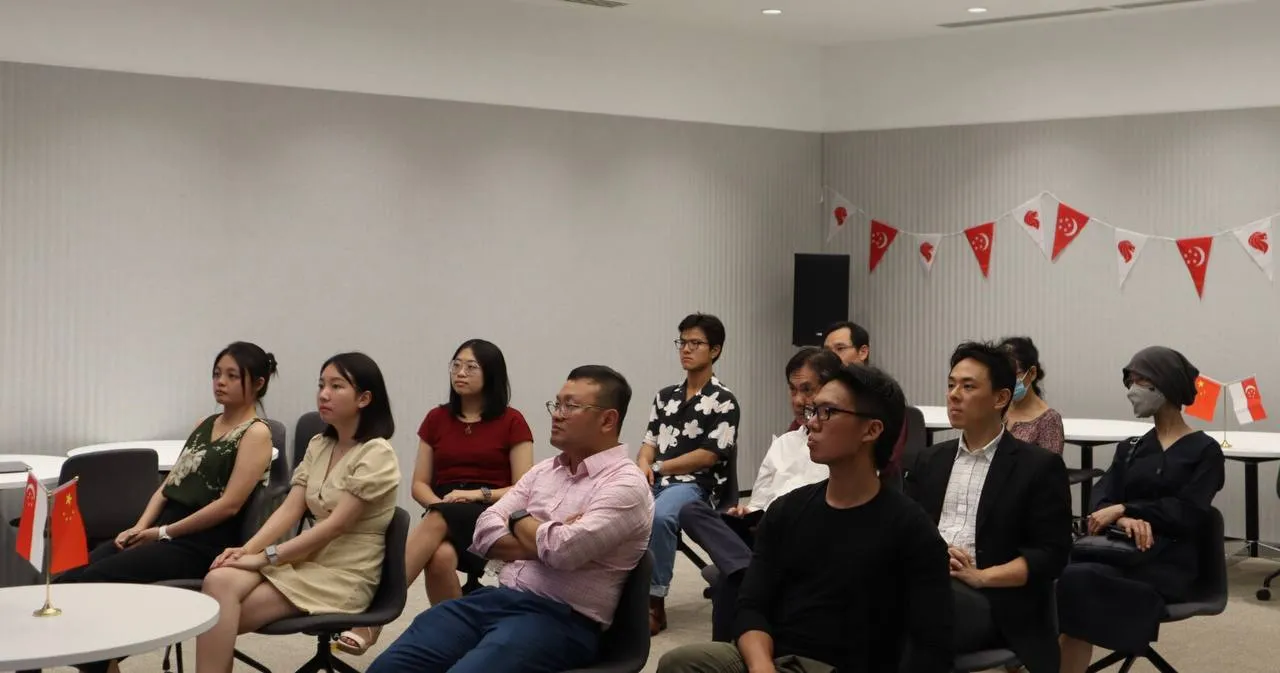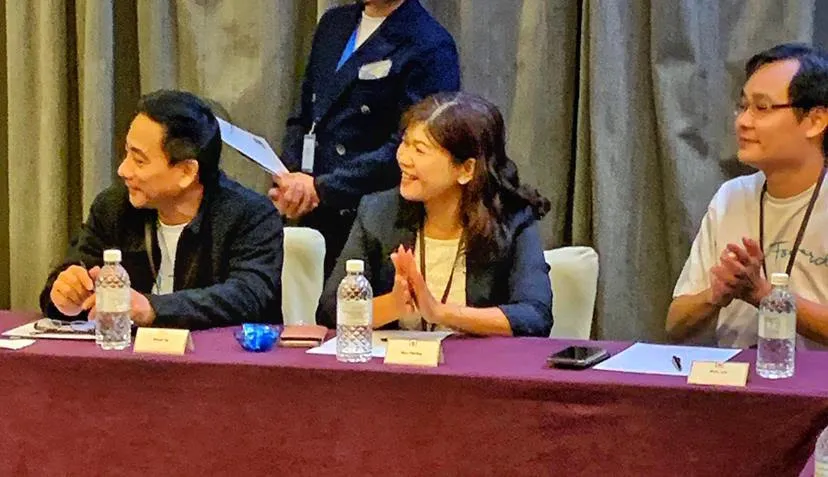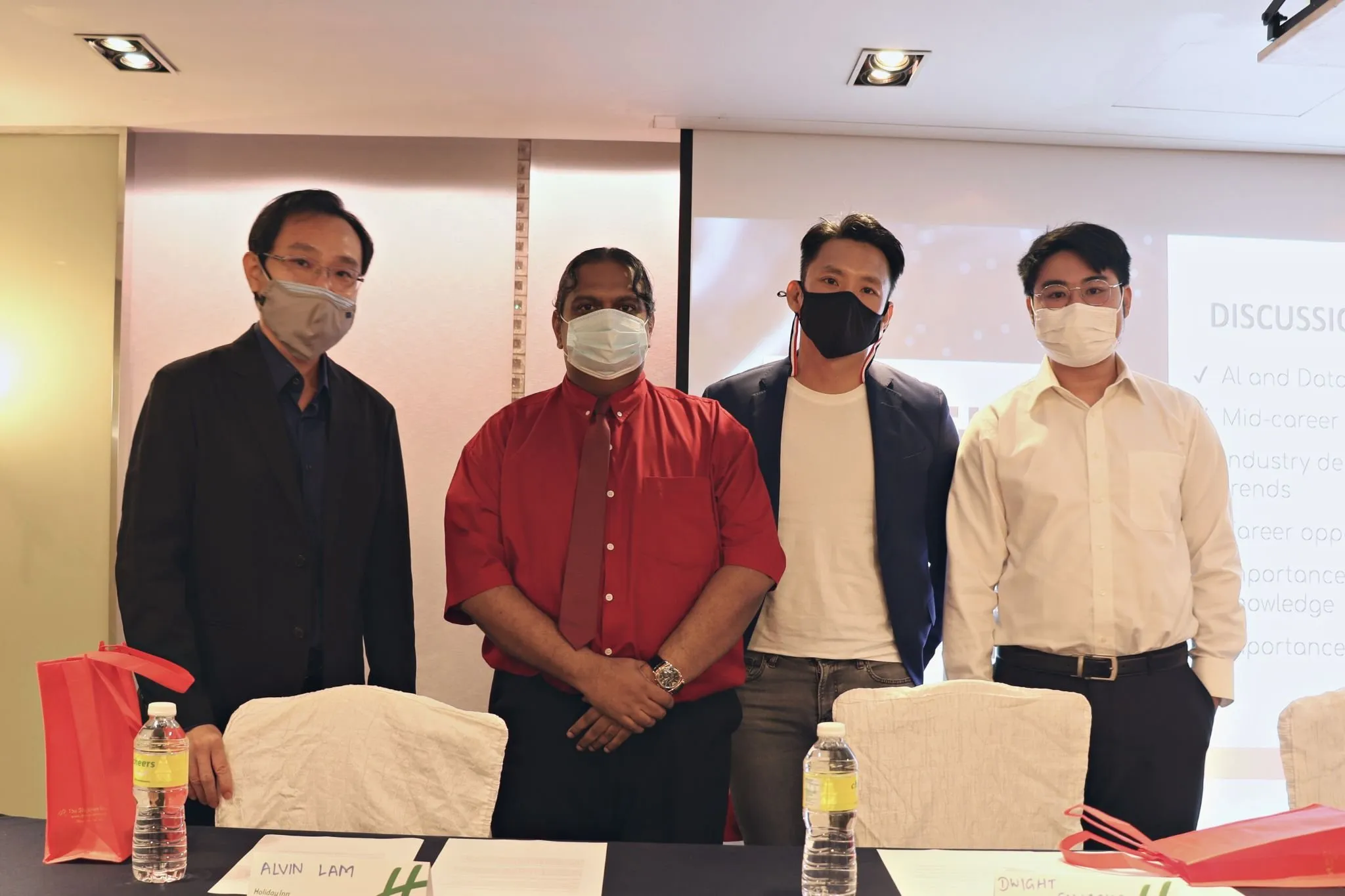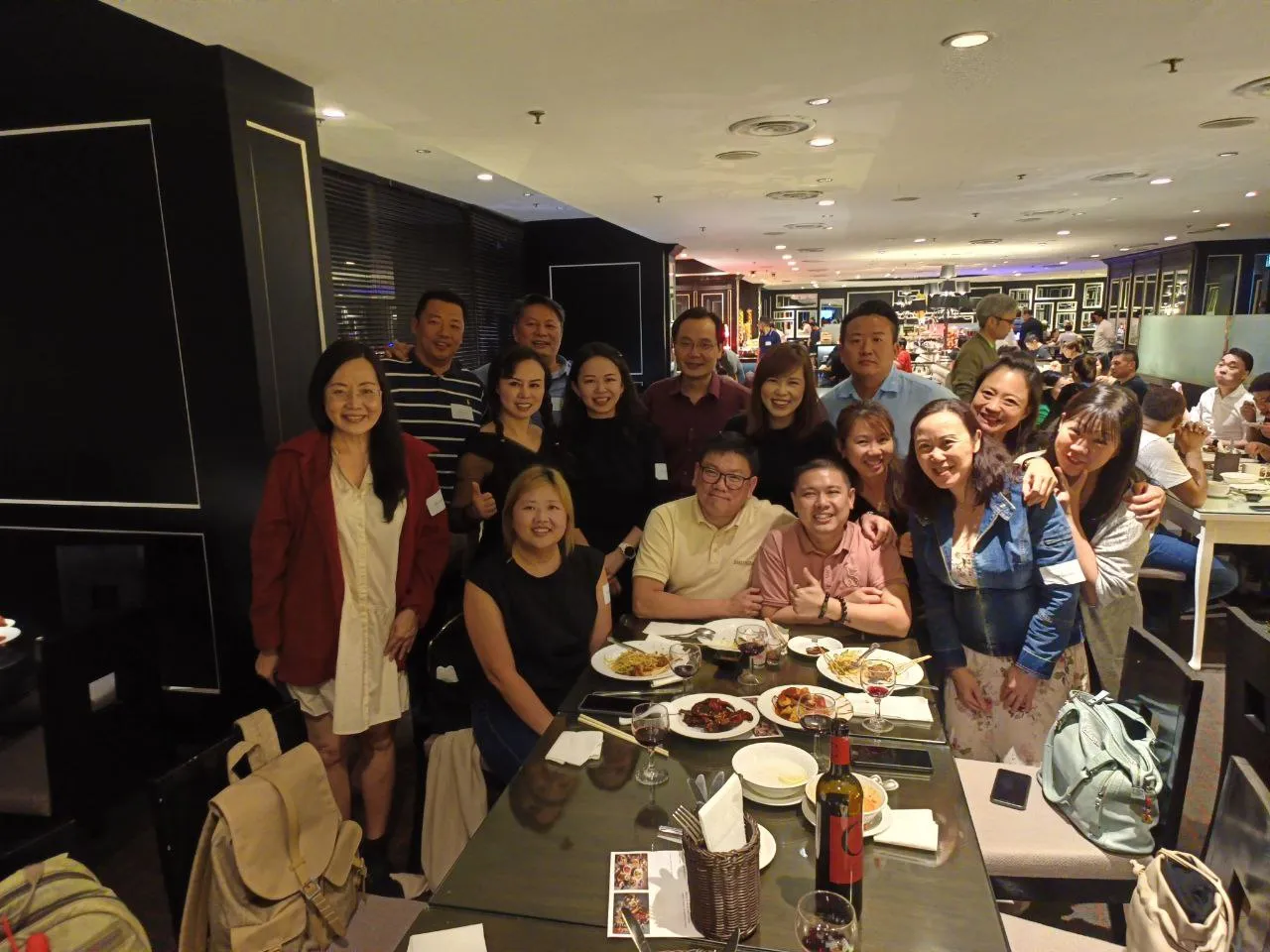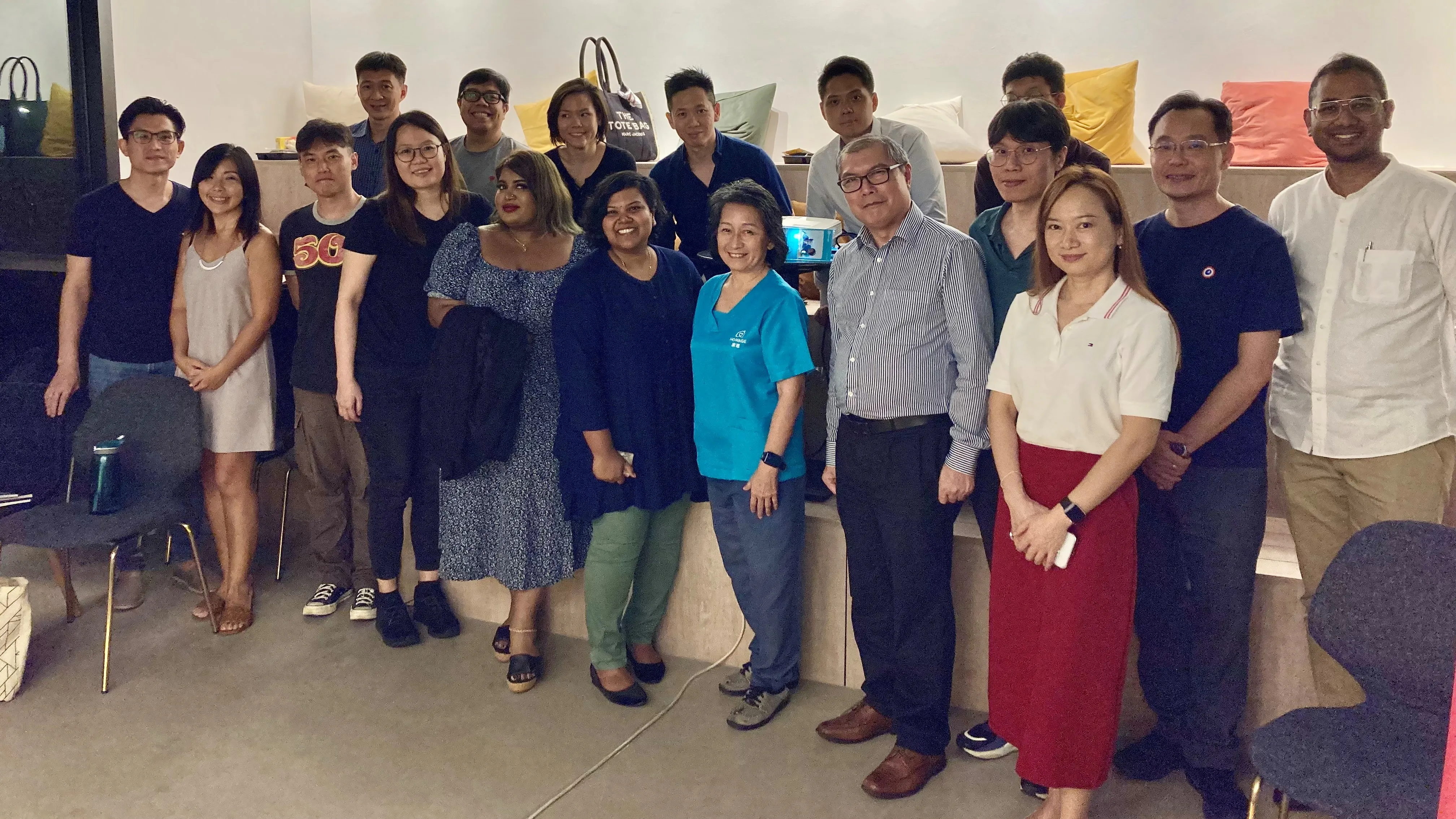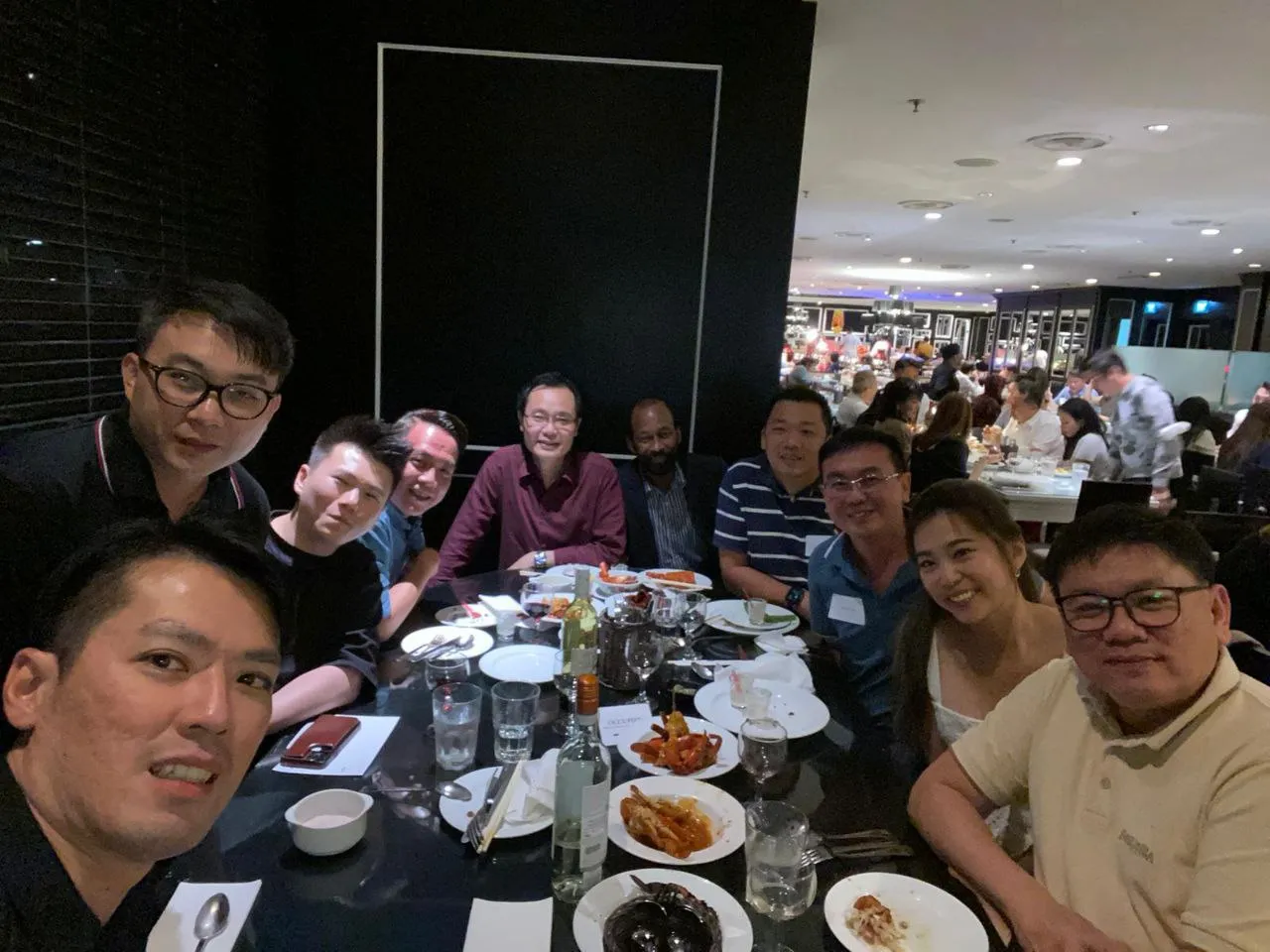Leadership Challenges & Implications Brought By Disruptive Digital Era
In the ever-evolving landscape of the digital era, leaders find themselves at the forefront of unprecedented challenges. The acronym VUCA, representing Volatility, Uncertainty, Complexity, and Ambiguity, aptly describes the environment in which decision-makers operate. As we delve into the intricacies of leadership in the 21st century, it becomes apparent that embracing and navigating disruptive technologies is not just an option but a necessity. From Industry 4.0 to quantum computing, from health crises to economic shifts, leaders are tasked with not only understanding these disruptions but also effectively steering their organizations through the multifaceted challenges they present. In this exploration, we unravel the complexities of leadership amid the dynamic interplay of VUCA and a myriad of digital technologies, each with its unique set of implications.

1.VUCA (Volatility, Uncertainty, Complexity, and Ambiguity): Leaders must navigate a VUCA environment, making decisions in the face of constant change, uncertainty, and ambiguity.
2.Industry 4.0: Adapting leadership styles to effectively integrate and leverage Industry 4.0 technologies in manufacturing processes.
3.5G: Managing the integration of 5G technology, addressing security concerns, and optimizing organizational processes to harness the benefits of increased connectivity.
4.Artificial Intelligence (AI), Generative AI (GenAI) and Machine Learning (ML): Balancing the implementation of AI and ML technologies with ethical considerations, workforce concerns, and the potential impact on jobs.
- Internet of Things (IoT): Ensuring secure and efficient integration of IoT devices while considering the impact of health crises, climate change, and economic shifts.
- Blockchain Technology: Adapting organizational structures to incorporate decentralized and transparent blockchain systems amid health, climate, and economic considerations.
- Cybersecurity Challenges: Mitigating the risks of cyber threats in the context of health crises, economic shifts, and evolving technological landscapes.
- Augmented Reality (AR) and Virtual Reality (VR): Challenge: Integrating AR and VR into organizational processes, considering health and safety requirements, and addressing potential barriers to adoption.
- Edge Computing: Developing strategies to implement and manage edge computing solutions in the context of health, climate, and economic challenges.
- Big Data Analytics: Building a data-driven culture, ensuring data privacy, and utilizing big data analytics amid health, climate, and economic considerations.
- Robotic Process Automation (RPA): Managing the impact of automation on the workforce amid health crises, economic shifts, and evolving technological landscapes.
- Digital Twins: Integrating digital twins for improved decision-making and efficiency while considering health, climate, and economic challenges.
- Quantum Computing: Preparing for the potential disruptive effects of quantum computing amid health crises, climate change, and economic shifts.
- Voice Technology and Natural Language Processing (NLP): Incorporating voice technology and NLP into organizational processes while considering health and safety requirements and societal concerns.
- Environmental Sustainability: Integrating sustainable practices into business operations amid health, climate, and economic considerations.
- 6G and Beyond: Anticipating and preparing for the next generation of communication technologies amid health, climate, and economic challenges.
- Health & Pandemic: Managing the immediate and long-term impacts of health crises on organizational operations, employee well-being, and business continuity.
- Climate Change & Sustainability: Integrating sustainability initiatives into business strategies and operations, addressing the impacts of climate change, and fostering environmental responsibility.
- Economic & Social: Navigating economic shifts, addressing social issues, and ensuring organizational resilience in the face of societal and economic challenges.
- Digital Technologies: Keeping pace with rapidly evolving digital technologies, understanding their implications, and leveraging them for organizational success amid multifaceted disruptions.
As we conclude this journey through the intricate landscape of leadership in a disruptive digital era, one thing is abundantly clear – the role of leaders is more pivotal than ever. The VUCA environment demands adaptability, resilience, and foresight. Industry 4.0, 5G, AI, and a myriad of other technologies bring both opportunities and challenges. Navigating health crises, climate change, economic shifts, and societal issues further accentuates the need for agile and strategic leadership.
The path forward involves not only understanding these disruptions but actively leveraging them to propel organizational success. Embracing sustainable practices, integrating innovative technologies, and fostering a culture of adaptability will be paramount. In this era of continuous change, leaders must not only keep pace with digital technologies but also anticipate and prepare for the next wave of advancements.
In the face of VUCA and the myriad disruptions, effective leadership stands as the beacon guiding organizations toward resilience, sustainability, and success. As we step into the future, the leaders who embrace these challenges with vision and determination will undoubtedly shape the course of their organizations and industries.
By Alvin Lam Wee Wah
Massive Wisdom GroupBy Alvin Lam Wee Wah
and Team at Massive Wisdom Group
Interested in what you've read and want to know more or collaborate with us? Contact us at customersuccess[a]massivewisdomgroup.com replacing the [a] with @.

